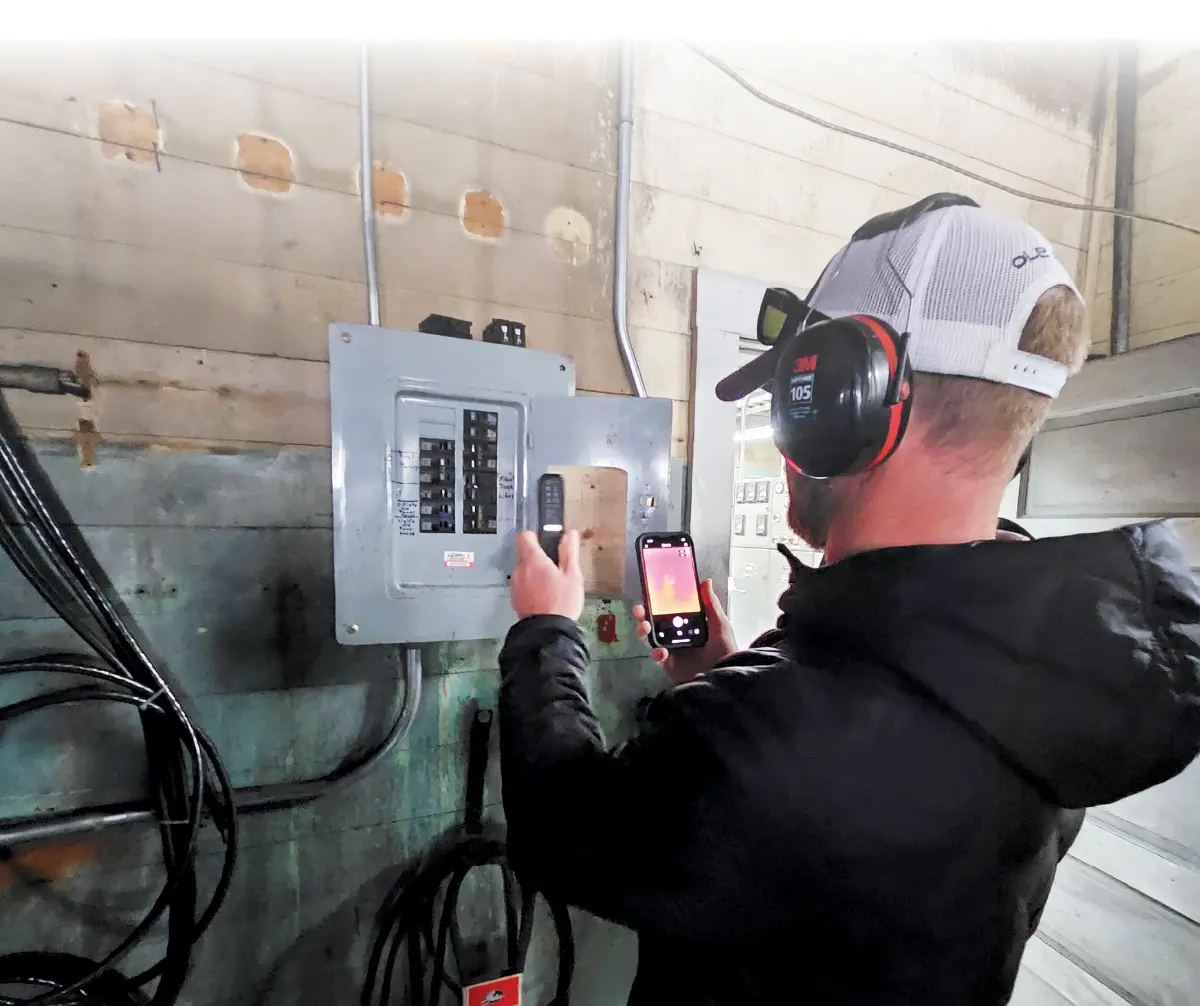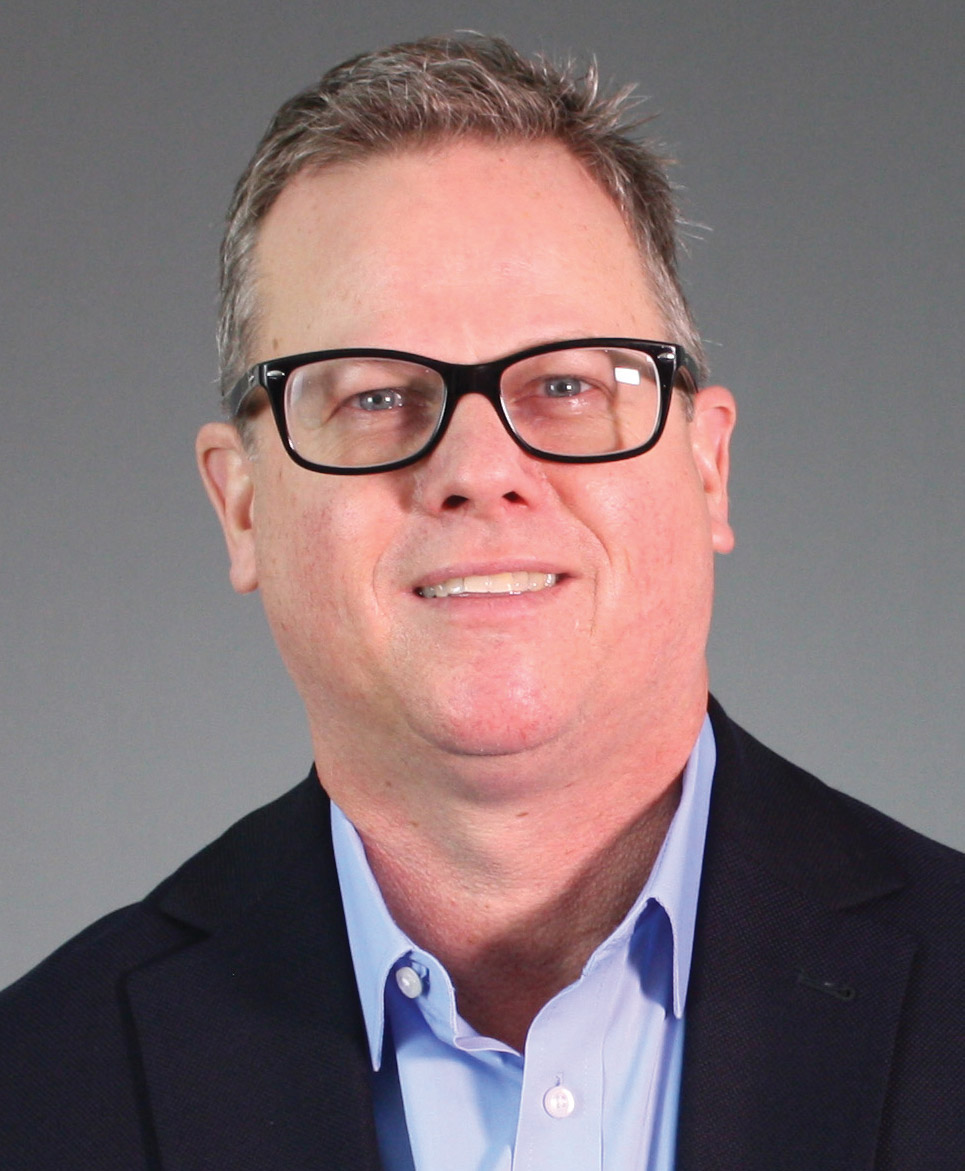
he loss control consultant from the insurance company wants to inspect our business this month. What should I expect?”
The short answer: nothing scary. Longer answer: a helpful survey into ways the insurance company and its client can both avoid paying for losses.
Commercial insurance carriers often rely on loss control consultants to provide information to underwriters to help assess the risks that the insured brings to the table. While some of these consultants work for the insurance company, there are also third-party companies who are contracted to complete risk assessments on behalf of the insurer.
A loss control consultant (sometimes called a risk control consultant) is tasked with conducting a field inspection of the insured’s operations to assess the exposures and controls for the different lines of coverage. This could be property, liability, inland marine, auto, workers’ compensation, or other insurance products. The goal is to be able to convey accurate, timely reports that will allow the insurance company to set the premiums accordingly. Assisting in mitigating and managing risk by identifying exposures and providing effective solutions to implement the necessary controls is the name of the game.
A good loss control consultant will have a deep understanding of safety, insurance, and liability. Most true consultants will earn college degrees or designations from accredited programs prior to working in the field. A great loss control professional will also have a solid sense of business, people, and an attitude that partners with insurance brokers and companies to create a company culture that is safe and profitable. The best consultants have all these traits combined with decades of experience in the field managing complex risks and employing strategic improvisation to solve problems.
Ideally, commercial risk is a three-legged stool: you have the business (the insured), the agent (brokering for the business), and the insurer (the carrier) working in tandem to help reduce their total cost of risk. To put it simply, it’s a relationship. Each of the three parties are sharing risk together. The fewer number of claims the business experiences, the fewer number of claims the insurance company pays out, the better the loss ratio for the company and the agent.
The term “consultant” is important here. Loss control consultants are representatives of the insurance company and should be there to assist in helping improve operations. These professionals are not regulators and should never act in that manner or capacity. Consultant is defined as “a person who provides expert advice professionally.” A true loss control consultant should be teaming with the other two parties to offer sound, credible, and empowering advice, professionally. It should never be adversarial or contentious.
Contracts can play a large role in most businesses. Knowledge of the four corners of a contract, contractual risk transfer, and the theory of indemnity is basic information a loss control consultant should possess. The same goes for torts, as liability is a large piece of corporate risk. Legal understanding regarding administrative procedure—and the ability to decipher codified government regulations—are a requirement for any consultant. Most Alaska businesses have some regulatory or legal requirements to adhere to. US Occupational Safety and Health Administration and the Mine Safety and Health Administration regulations are just two examples of this.
A loss run review is an important step in this meeting. Loss runs are the total insurance claims that a company has sustained over the course of the last five years. A discussion of these claims is crucial to knowing what some of the leading causes of loss are for the business and can help guide the consultant in finding controls for those exposures. For instance, if the company is having vehicle collisions with objects during backing operations, the consultant may recommend back-up cameras, spotters, or enhanced training for the operators to help reduce the number of incidents.
After the initial meeting, a field inspection of properties, equipment, vehicles, or a jobsite is likely. A jobsite inspection will focus on hazards to workers that could cause injury. Protecting workers is a very high priority for loss control, so a good understanding of workplace safety to help prevent illness and injury is crucial. For property and liability, the consultant will focus on life safety as a primary risk, followed by exposures for fire, water, wind, and collapse. People will always come first; after all, property can be replaced but people cannot.
At the conclusion of the visit, a debrief should occur. If the consultant has recommendations to improve safety and decrease risk, this is the time for the discussion on mitigation and improvement. There will likely be a letter coming from the insurance company with the recommendations and a set amount of time to correct any deficiencies. These dates are normally thirty to ninety days, depending on the carrier’s requirements. Items deemed crucial should be prioritized.
Business insurance is what drives operations behind the scenes. Protecting assets, people, and creating capacity for businesses to operate is the promise insurance companies make to policyholders. Loss control should be a tool that is available to insureds to help manage their operations safely and efficiently. By being proactive to assist companies to perform with lower risk and higher rewards, loss control consultants can be a very valuable part of any entity’s overall strategy for business ventures, business enterprise, and business continuity.
Ask your commercial insurance agent about loss control services and how these professionals can help your company improve. If you have a loss control survey coming, use it to your advantage. Ask questions, get answers, and enhance your enterprise’s goals of safety, growth, and profitability knowing this person is on your side.
